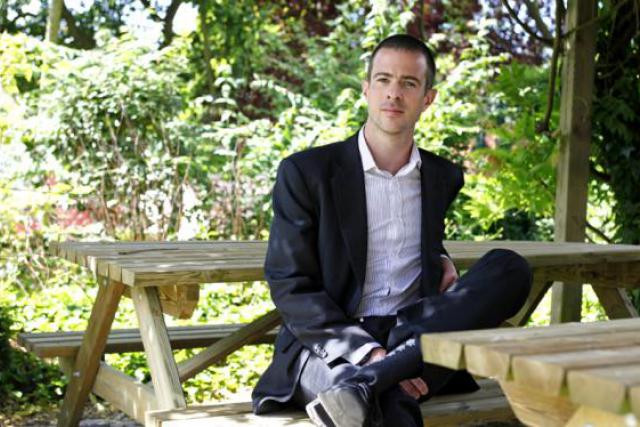More and more executives work with personal coaches. To be effective, it is necessary to create a special bond, and avoid certain faults. How do I know what a – real – coach can offer?
The coaching market is spreading. More and more professionals introduce themselves as “coaches” for company executives. Unlike other professions, such as lawyers or doctors, the coaching profession has no official ethical rules, explaining what a coach can – and cannot do. The process is under way, and some associations have already started working on such codes of conduct. For Andrew Sheridan, president of the Luxembourg chapter of the International Coach Federation (ICF), coaching is “like accompanying someone. A coach helps people develop what they have, he walks alongside”. Meaning: he doesn’t walk the way for you, but he helps the client go the distance.
Depending on the coach training, experience and preferences, there are different methods, whether through dialogue or through exercises. But in any circumstances, the challenge is to build an equality-based relationship. “The tools of a coach are there to find a way to interact.” This dialogue is meant to look at a situation from different possible angles, and find how to deal with the problem that has been identified.
“We have to deal with the client’s expectations, and sometimes, we have to say no to some questions. We can’t tell them what to do next. We can only help them to think about it. Any change must come only from the client, with the support and the help from the coach.”
Looking for choice
Such services, such relationships, can be built with almost anybody interested in having better performances or hungry to change part of their working habits. One of the most common profile interested in coaching services remain managers coming from the technical stream: “These persons mainly want to improve their interaction skills, and they want to do it for themselves.”
But how can individuals – or companies – find the right coach, since the profession is not regulated. “If someone is interested in finding a coach, there are some points that must be looked. One is to have a choice. Don’t meet only one. Meet two or three persons, and then decide who fits you best. And to be sure that you will work with someone who has the right skills, look if he – or she – belongs to a professional association, just like the ICF or the European Coaching Association. Being accredited by such organisations means that their coaches have undergone some training and some practice.”
For example, the ICF has put focus on building strong ethical guidelines, meaning that an unhappy client can go the federation and complain, if ever something went wrong during the coaching process. The challenge, now, for ICF and the other professional association, is to be sure that the market knows what to expect from a coach.
